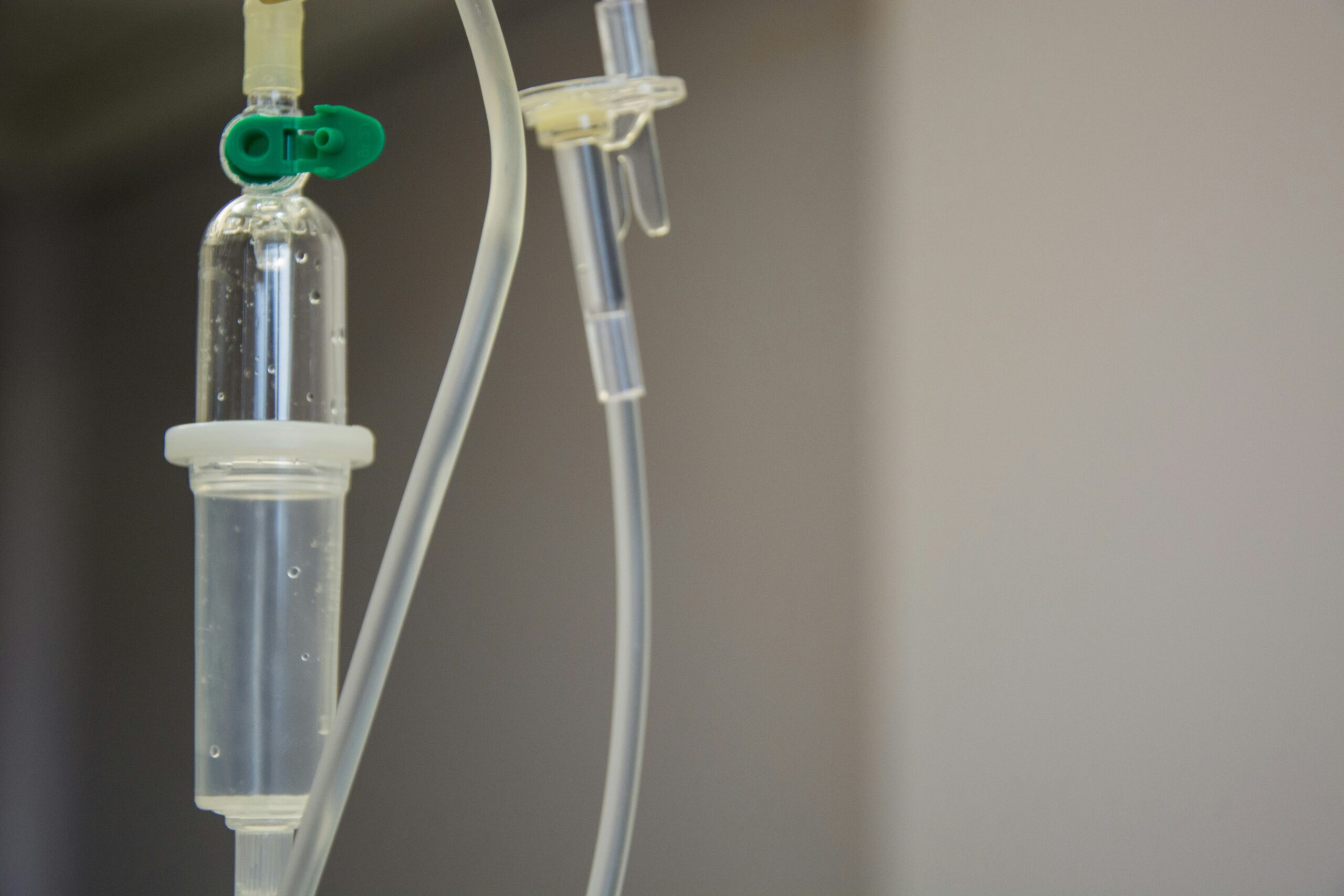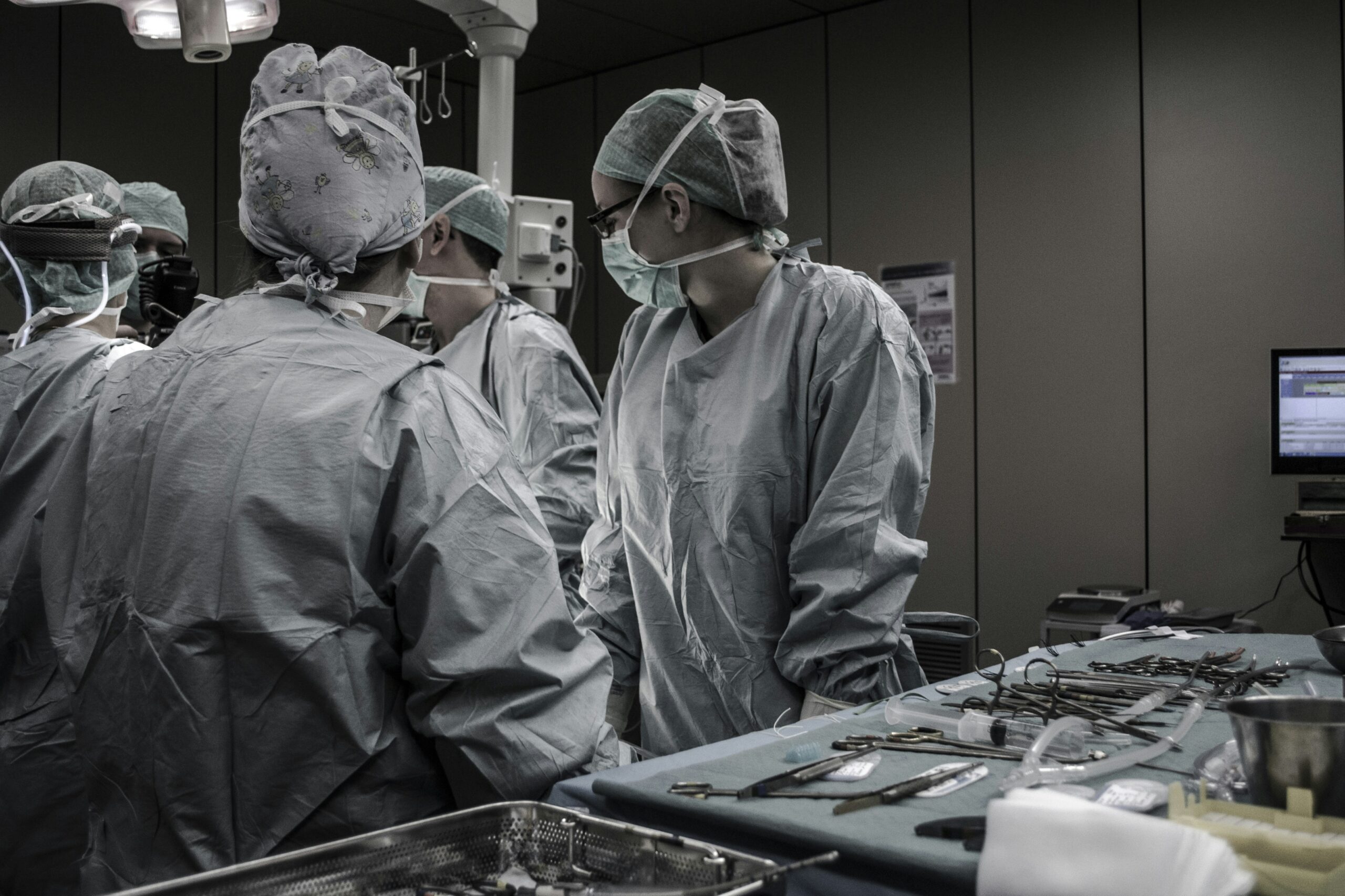Having an enlarged prostate can be challenging, particularly when it comes to making dietary choices. It's important to be mindful of the foods you consume, as certain ingredients can aggravate this condition. In this article, we'll explore the various food options that you should steer clear of if you have an enlarged prostate. By understanding which foods to avoid, you can take better care of your prostate health and ensure a more comfortable lifestyle.

Understanding Prostate Health
Prostate health is an essential aspect of a man's overall well-being. The prostate is a small gland located below the bladder and plays a crucial role in the reproductive system. However, as men age, it is common for the prostate to enlarge, a condition known as benign prostatic hyperplasia (BPH). Understanding the factors that can contribute to prostate enlargement and learning how to manage them is essential for maintaining optimal prostate health.
What is an Enlarged Prostate?
An enlarged prostate, or benign prostatic hyperplasia (BPH), is a non-cancerous condition that occurs when the prostate gland increases in size. The growth of the prostate gland is a natural consequence of aging, and it typically begins to occur in men over the age of 50. While the precise cause of BPH is not fully understood, hormonal changes and genetic factors are believed to play a role.
Symptoms Associated with an Enlarged Prostate
An enlarged prostate can lead to several uncomfortable symptoms that can significantly impact a man's quality of life. Common symptoms include frequent urination, weak urine flow, difficulty starting and stopping urination, incomplete emptying of the bladder, and the urgent need to urinate. These symptoms can cause frustration and inconvenience, affecting daily activities and sleep patterns.
Effects of Diet on Prostate Health
Maintaining a healthy diet is crucial for overall prostate health. The foods you consume can either support or negatively impact your prostate's well-being. By making informed dietary choices, you can potentially mitigate the risks associated with an enlarged prostate and promote optimal prostate health.
Red Meat and Dairy
Connection of Red Meat and Dairy to Prostate Enlargement
Certain studies have suggested a potential link between the consumption of red meat and dairy products and an increased risk of prostate enlargement. Red meat, especially when cooked at high temperatures, may release carcinogens that can affect prostate health. Additionally, dairy products, primarily those high in fat, have been associated with an increased risk of prostate problems.
Possible Adverse Health Impacts
Consuming excessive amounts of red meat and dairy products may not only contribute to prostate enlargement but also increase the risk of prostate cancer. These foods are often high in saturated fats, which can negatively impact cardiovascular health and lead to weight gain. Therefore, it is advisable to limit the consumption of red meat and opt for leaner protein sources such as fish, poultry, and plant-based alternatives. Similarly, choosing low-fat or non-dairy alternatives can help mitigate the adverse health impacts associated with dairy consumption.
Processed Foods
Why Processed Foods are a Risk
Processed foods, which are often high in unhealthy fats, sodium, and artificial additives, pose a risk to prostate health. These foods generally lack essential nutrients, contain excessive calories, and contribute to weight gain, all of which can exacerbate symptoms of an enlarged prostate. Additionally, the artificial additives present in many processed foods can have detrimental effects on hormonal balance, potentially impacting prostate health.
Specific Processed Foods to Avoid
To maintain optimal prostate health, it is advisable to limit or avoid the consumption of processed foods such as fast food, frozen meals, snacks, sugary drinks, and pre-packaged convenience foods. Instead, focus on consuming whole, fresh foods that are rich in nutrients and free from artificial additives. This shift towards a more natural and wholesome diet can help support prostate health and overall well-being.
Refined Sugars and Grains
Effects of Refined Sugars and Grains on Prostate Health
Refined sugars and grains, such as those found in white bread, sugary snacks, and desserts, can negatively impact prostate health. These foods are rapidly absorbed by the body, leading to spikes in blood sugar levels. Over time, consistently high blood sugar levels can contribute to inflammation and insulin resistance, which may increase the risk of prostate problems.
Healthy Alternatives
Opting for whole grains such as brown rice, quinoa, and whole wheat products can provide more fiber and nutrients while minimizing the negative effects on blood sugar levels. Additionally, reducing refined sugar intake by choosing natural sweeteners like honey or fruits can help maintain a healthier balance and support prostate health.

Caffeine
How Caffeine Might Exacerbate Prostate Enlargement
While the direct link between caffeine and prostate enlargement is unclear, excessive caffeine consumption can potentially worsen symptoms associated with an enlarged prostate. Caffeine is a diuretic, which means it increases urine production and may contribute to urinary urgency and frequency. For individuals with an enlarged prostate, these effects can be particularly bothersome.
Ways to Limit Caffeine Intake
To lessen the potential impact of caffeine on prostate health, it is advisable to moderate caffeine intake. Opt for decaffeinated or herbal teas, and limit consumption of coffee, energy drinks, and caffeinated sodas. Hydration is still important, so consider replacing caffeinated beverages with water or herbal infusions to maintain adequate fluid intake without the potential drawbacks of caffeine.
Alcohol
Potential Link between Alcohol and Prostate Health
The relationship between alcohol consumption and prostate health is complex and still being studied. Moderate alcohol intake, such as one to two drinks per day, has been associated with potential health benefits, including a reduced risk of heart disease. However, excessive alcohol consumption can have detrimental effects on multiple organs, including the prostate.
Responsible Drinking Habits
To maintain a healthy prostate and overall well-being, it is essential to consume alcohol in moderation. Excessive alcohol consumption can increase the risk of prostate problems, including the development of prostate cancer. The Centers for Disease Control and Prevention (CDC) define moderate alcohol consumption as up to one drink per day for men. It is crucial to discuss alcohol consumption with a healthcare professional to determine what is appropriate for individual circumstances.

Saturated Fats
The Role of Fats in Prostate Health
While some fats are essential for overall health, excessive consumption of saturated fats can negatively impact prostate health. Diets high in saturated fats have been associated with an increased risk of prostate problems, including an enlarged prostate and prostate cancer. These fats can contribute to inflammation throughout the body, potentially affecting the prostate gland as well.
Saturated Fats to Avoid
To promote prostate health, it is important to limit the intake of saturated fats found in foods like fatty cuts of meat, full-fat dairy products, butter, and certain oils like coconut and palm oil. Instead, opt for healthier unsaturated fats like those found in olive oil, avocados, nuts, and seeds. These fats provide essential nutrients and support overall well-being.
Spicy Foods
Connection between Spicy Food and Aggravated Symptoms
Spicy foods can exacerbate symptoms associated with an enlarged prostate for some individuals. Spicy ingredients like chili peppers can irritate the urinary tract and potentially worsen urinary symptoms such as urgency and frequency.
How to Moderate Spicy Food Intake
If you experience discomfort or heightened symptoms after consuming spicy foods, it may be beneficial to moderate your intake. Experiment with milder spices or seasonings to add flavor to your meals without causing additional irritation. Maintaining a balanced and varied diet, with an understanding of how different foods affect your body, can help manage symptoms and support prostate health.
High-Sodium Foods
How Sodium Affects Prostate Health
Consuming excessive amounts of sodium can lead to water retention and increase blood pressure, negatively impacting prostate health. High-sodium diets have been linked to an increased risk of prostate problems and can exacerbate symptoms associated with an enlarged prostate.
High-Sodium Foods to Avoid
To support prostate health and overall well-being, it is important to limit the intake of high-sodium foods such as processed meats, canned soups, fast food, and certain condiments. Pay attention to food labels, choose low-sodium options whenever possible, and incorporate natural herbs and spices to enhance the taste of meals without relying on excessive sodium.
Balanced Diet for Prostate Health
Nutrients That May Improve Prostate Health
A well-balanced diet rich in essential nutrients can help support prostate health. Some nutrients that may have a positive impact include lycopene, found in tomatoes and watermelon; selenium, found in Brazil nuts and seafood; and vitamin D, which can be obtained through sunlight exposure or supplementation. Additionally, incorporating a variety of fruits, vegetables, whole grains, and lean proteins into your diet can provide the necessary nutrients for overall well-being.
Examples of a Balanced Diet
A balanced diet for prostate health could include meals such as grilled salmon with steamed broccoli and quinoa, a colorful salad with mixed greens, tomatoes, and grilled chicken, or a vegetable stir-fry with tofu and brown rice. By incorporating a wide range of nutrient-dense foods, you can support prostate health while enjoying delicious and satisfying meals.
In conclusion, understanding prostate health is crucial for maintaining overall well-being. By making informed dietary choices and avoiding certain foods that can negatively impact prostate health, it is possible to support optimal prostate function and reduce the risk of complications associated with an enlarged prostate. Incorporating a balanced and nutritious diet, rich in essential nutrients, can go a long way in promoting a healthy prostate and a better quality of life. Remember to consult with a healthcare professional before making any significant changes to your diet or lifestyle.

